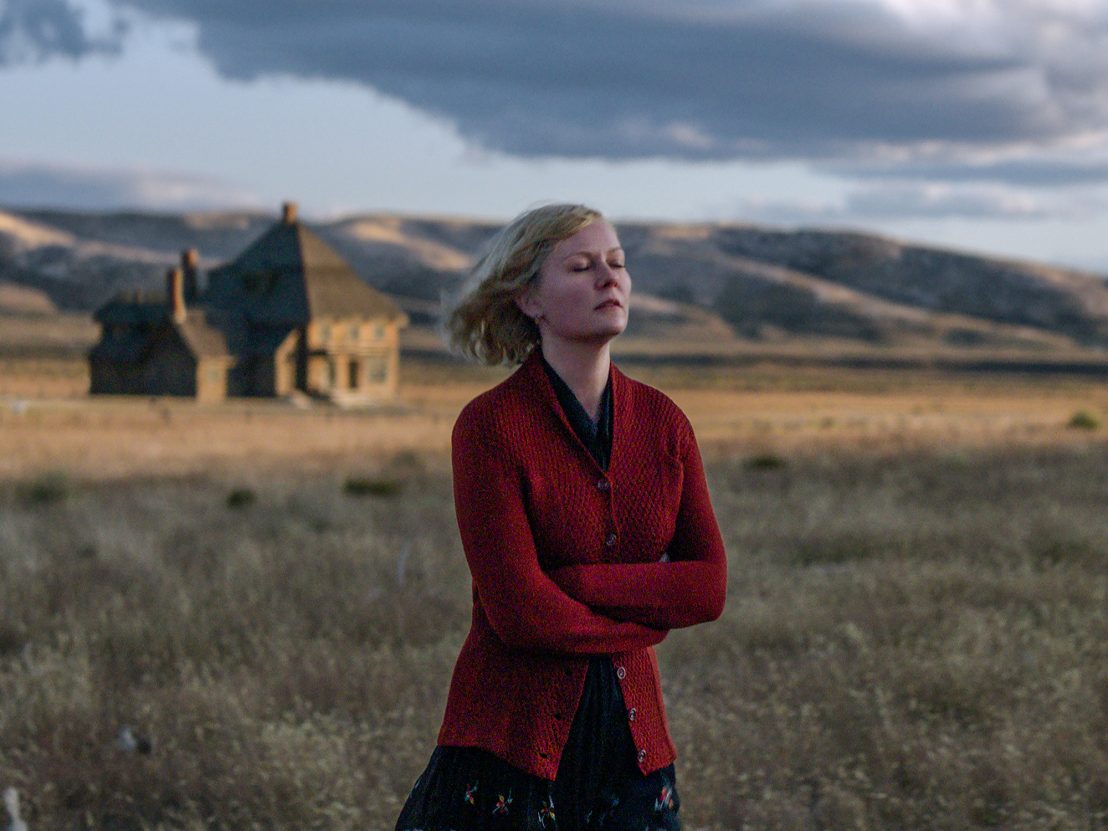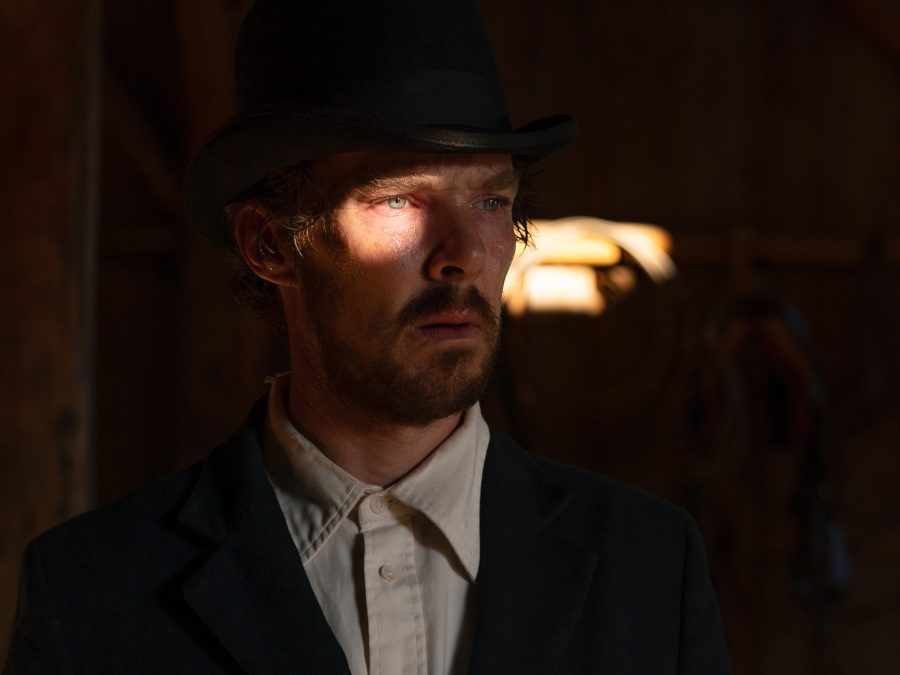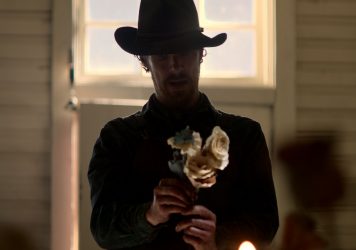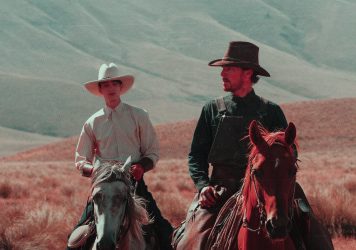
Inebriated from her Best Director win at the Critics Choice Awards, Jane Campion took the stage to accept her award and proceeded to make a tactless, myopic and tone-deaf remark about Venus and Serena Williams. “Serena and Venus, you are such marvels. However, you do not play against the guys like I have to”, Campion said, effectively doing a victory lap around two legendary black women who have had to face the unholy trifecta of racism, sexism and classism in one of the whitest sports in the world.
It was a profound – and not to mention unwarranted – disappointment, especially as it came a mere 24 hours after her iconic jab at Sam Elliott’s critical remarks on Marc Maron’s WTF podcast: “There’s all these allusions to homosexuality throughout the fucking movie […] what the fuck does this woman from New Zealand know about the American west?”, to which she responded by calling him “a bit of a b-i-t-c-h” and affirming that the west is “a mythic space [with] a lot of room on the range”.
It’s true, there is plenty of room on the rаnge of the mythic west, and certainly for Campion’s expertly crafted The Power of the Dog, the 1925-set psychosexual slow burner that has scored twelve nominations. Adapted from Thomas Savage’s novel of the same name, the film charts a battle of wits between aggressively solitary rancher Phil (Benedict Cumberbatch) and a younger adversary, Peter (Kodi Smit-McPhee), in a precision-tooled investigation of machismo and the male psyche that breaks the conformities of genre.

My favourite scene comes from a key moment in this deeply complex and nuanced character study that is laced with off-kilter tension, mystery and dread. Phil’s brother George (Jesse Plemons), who has recently married Peter’s mother Rose (Kirsten Dunst, delivering her best performance since Melancholia), wants to make a good impression on the visiting Montana governor. Knowing that his wife dabbles in playing piano, he acquires a baby grand shipped to the mansion so she can provide entertainment for the forthcoming dinner party.
Rose’s repertoire, however, consists of rinky dinky tunes, and not the Beethoven or Chopin that the guests are probably expecting to hear. One afternoon, she closes all the doors in the house to practise playing Strauss’ jaunty ‘Radetzky March’. As she stumbles to remember the right keys, the camera slowly and methodically moves in on her, revealing Phil stealthily going up the stairs to his bedroom, eluding her gaze.
It’s abundantly clear that Phil hates Rose, calling her a “cheap schemer” on her first night in his home. In a violent yet nonverbal form of psychological torment, he begins to mock her with his virtuosic banjo playing, the faint sound of his banjo correcting her awkward piano playing. Uncertainty starts to creep in for Rose. She pauses, composes herself and tries again. The banjo returns more prominently this time, with strings being plucked with overt hostility and impatience. When the banjo causes her to stop playing, the camera stops moving, and as his playing becomes more assured and effortless, any confidence that Rose had left is effectively drained out, leaving her broken and humiliated.
Every technical department fires on all cylinders to bring this scene to life with meticulous detail, showing how the fear Phil inspires in Rose seeps throughout the cavernous house. We move from a distant sound of the banjo to a low-angle closeup shot of Phil as he’s aggressively plucking the strings. The sound design here is impeccable, and the camerawork is sublime. Even when not on screen, Phil’s spurs are ringing up and down stairs and hallways, signalling his omnipresent gaze, his judgement terrorising and breaking Rose even when he’s nowhere to be seen.
The sound of the wind coming through the doors, the rope braiding, the comb, the whistling – all work to create a consistent atmosphere of dread and unease where everything is working on your nerves.
Published 19 Mar 2022

Jane Campion’s claustrophobic, slow-burn western dials up the queer subtext of Thomas Savage’s source novel.

The cinematographer reveals the trick to shooting digital cows, and why the film is really a monster movie.

Members of the LWLies team write on their favourite moments from the 2022 Best Picture contenders.